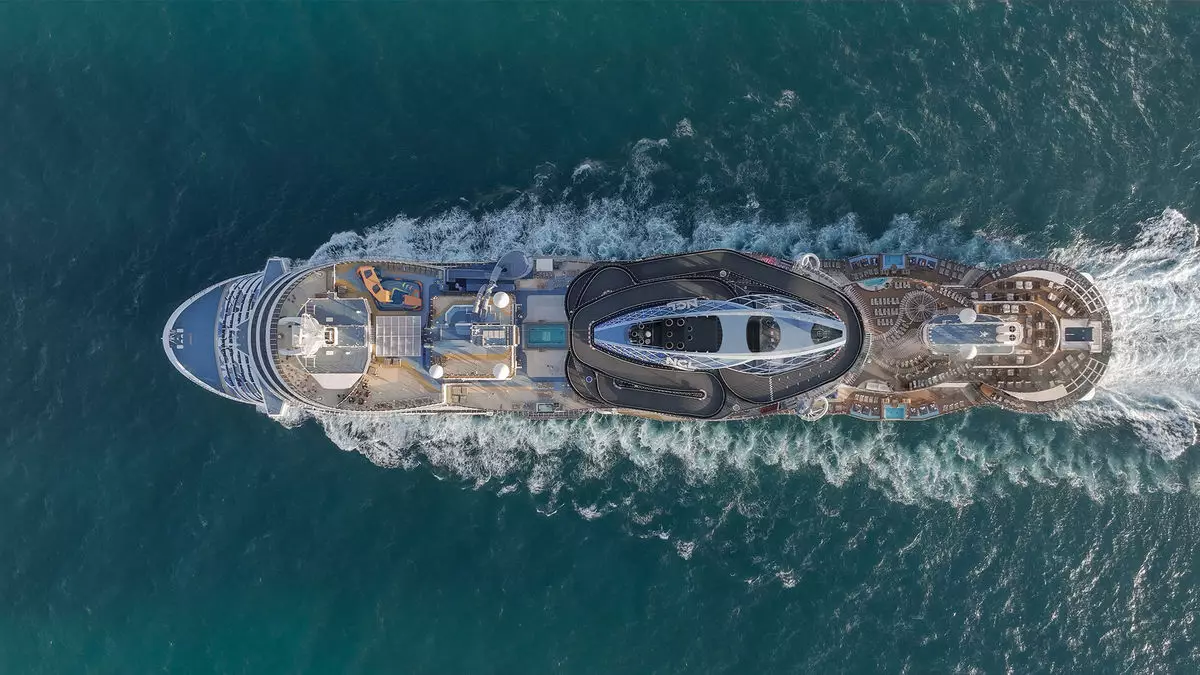The cruise industry is in a transformative phase, with an increasing number of ships entering the market and a growing fleet vying for traveler attention. While new ships often bring excitement and attract guests, industry experts caution that an influx can lead to an oversaturated market. The emergence of too many vessels and private island destinations could dilute demand, resulting in diminished pricing power for cruise lines. The concern is that if cruise lines continue with this rapid expansion without considering the long-term implications, they might risk damaging the industry’s profitability. Analysts suggest that while current market conditions do not indicate immediate saturation, vigilance is necessary to avoid future pitfalls.
Economic factors play a critical role in shaping consumer behavior, particularly regarding discretionary spending on leisure travel like cruising. Recent commentary from industry experts indicates that shifts in the economy could exert pressure on cruise demand. With rising debt levels and decreasing savings among consumers, many are reconsidering their travel plans. Although the cruise sector has shown resilience in past economic cycles, there are signs that we could see a contraction in demand beginning in 2026. Cruise lines catering to high-end markets may find themselves particularly vulnerable as travelers exhibit reluctance towards long-haul trips and expensive options.
Recent studies highlight a noticeable decline in leisure travel demand, with industry leaders like Clayton Reid of MMGY Global expressing concerns. They point to factors such as inflation and reduced consumer confidence that may lead to greater price sensitivity among travelers. For the cruise sector, this trend could require significant adjustments. If travel consumers push back against pricing, cruise operators might need to resort to discounting to maintain occupancy rates and prevent substantial revenue declines. This is a notable shift from the previous two years when demand allowed cruise lines to operate without significant discounting pressures.
The Impact of Adverse Events
The cruise industry has faced its share of public relations crises, with high-profile incidents affecting consumer perception and business viability. Disasters like the Costa Concordia accident in 2012 led to a significant drop in passenger bookings, and regulatory fines have further tarnished the industry’s image. Although these events can have short-term repercussions, they underscore the deep connections between consumer trust and operational integrity. Going forward, the ability of cruise lines to navigate the aftermath of incidents, along with their focus on sustainability and environmental compliance, will play a vital role in rebuilding confidence among consumers.
The cruise industry’s unique operational model allows for flexibility amid geopolitical upheaval. Past conflicts, such as the Russian invasion of Ukraine, have led to changes in itineraries but have not significantly undermined the industry’s growth. The cruise sector has proven adept at reassessing routes and repositioning assets to maintain customer interest and satisfaction. This adaptability plays a crucial role in sustaining demand, even in the face of regional instability. While some analysts remain vigilant about how ongoing geopolitical tensions could influence cruise schedules, the sector’s ability to adjust remains a reassuring factor for stakeholders.
As the cruise industry charts its course for the future, the balance between growth and sustainability will be paramount. Analysts project a solid trajectory for the industry; however, it is vital to remain aware of underlying economic trends, shifting consumer preferences, and external events that have the potential to disrupt operations. The key to navigating these challenges lies in strategic planning that prioritizes both innovation and customer-centric approaches. If cruise lines can successfully adapt and address potential threats while capitalizing on the growing demand for unique travel experiences, they may continue to thrive in this dynamic landscape. The industry appears poised for success, contingent upon a proactive approach to the evolving travel environment.


Leave a Reply